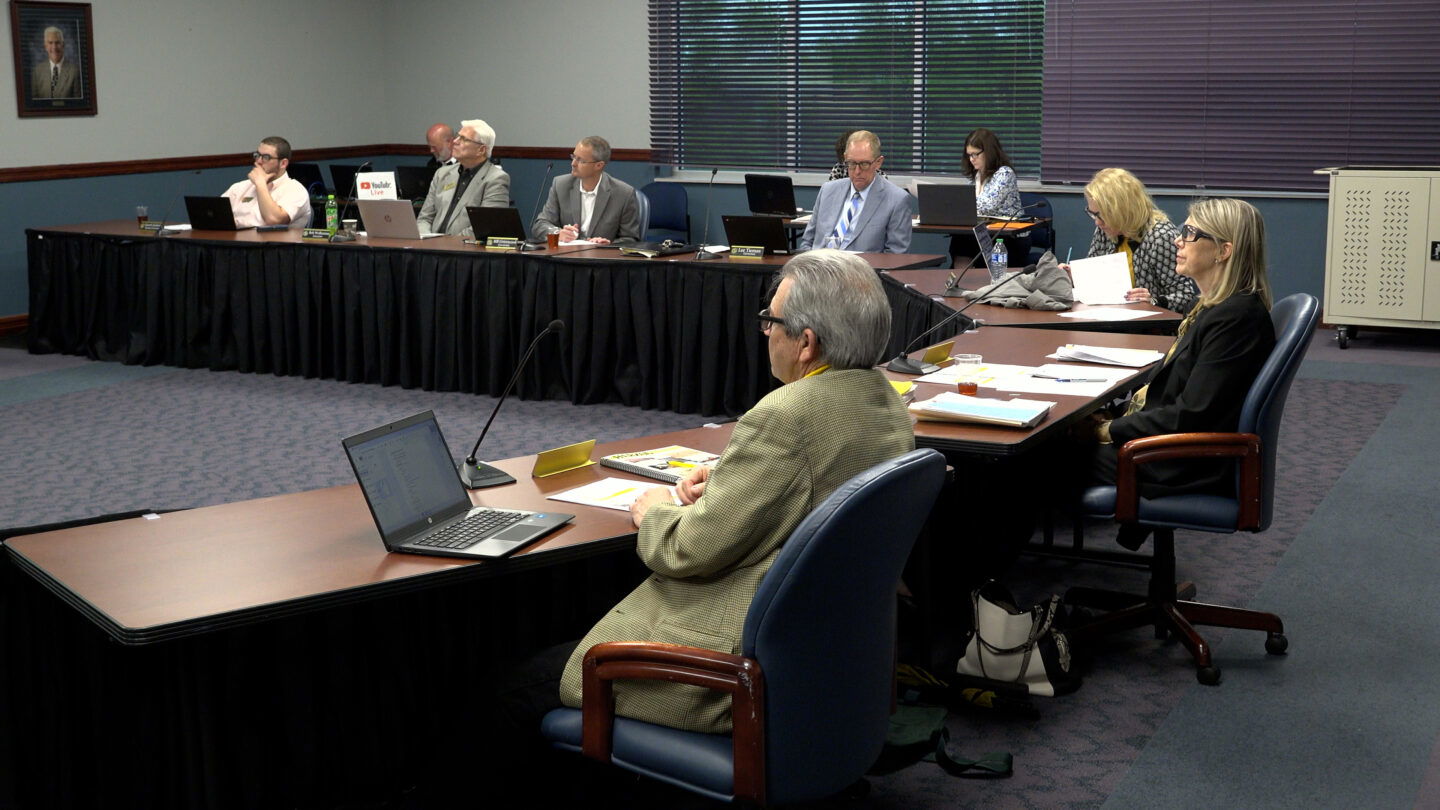Missouri Western hikes tuition for next year

By Marcus Clem
St. Joseph’s hometown university will, like most of its peers, increase the cost of education as it responds to national and local pressures on its finances, officials decided Thursday.
The Missouri Western Board of Governors met to, among other matters, approve the budget for Fiscal Year 2025, which begins July 1. As part of the changes approved, tuition and fees together will increase by about 8%, to $378 per credit hour. A full-time student is expected to take on 12-15 credit hours per semester and thus will pay more than $4,500 per semester in tuition and fees.
“So, no matter where you go and how much money you spend, it’s always going to be how much you put into that university and to that institution and what you want to get out of it, right? Hiking up prices is always something that’s going to happen because of inflation,” said Israel Lovins, the student government president. “It’s something that we never like to see.”
As explained by Daniel Holt, the university’s vice president of finance and administration, the cost increase tackles a number of concerns, including the desire to raise staff compensation by at least 1%. That would partly absorb national trends of inflation. However, enrollment headcount is also projected to decrease by about 5.5%, and the payment of tuition is the university’s bread and butter from a revenue perspective.
Overall, full-time students are expected to budget $9,690 for the entire academic year in order to respond to the cost increases taking effect July 1, up from $8,970. Additional cost increases apply for on-campus housing and food service, in general, about 5% across the board. As one example, the per-year cost of residing at Vartabedian Hall, the most expensive Missouri Western dormitory, will increase to $4,330, up from $4,120.
Food service revenues will rise by an average of 5.5%; specific costs will depend on each student’s choice of meal plan and/or if they opt to dine at one of the eateries on campus like Chick-fil-A.
Artemiy Udovenko, a psychology student who will be graduating this year, said no one wants to see their tuition go up, but he felt like the university had done well in explaining why it’s happening.
“Given all the circumstances that we’re in right now, given that operational costs are increasing all the time, given inflation, all of those things, I think it’s expected,” he said. “And, I don’t think it’s completely out of line with what different colleges do, really across the country.”
The university provides a tool for figuring the precise cost of attendance on its website at https://www.missouriwestern.edu/finaid/cost-of-attendance/.
Meanwhile, ongoing national challenges with the Free Application for Federal Student Aid are likely to continue to have effects on each student’s ability to know how much scholarship, grant and loan money they will have available to pay for education.



